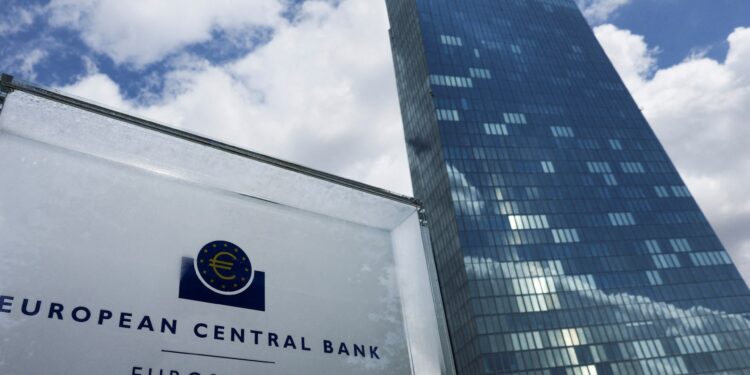A report published by the Financial Times newspaper stated that the euro zone faces major economic and political threats, most notably the outbreak of a global trade war as a result of the strict trade policies announced by US President-elect Donald Trump.
The newspaper conducted a poll that included 72 economic experts, in which most of them confirmed that these policies will negatively affect economic growth in the region.
Trade war threat
Trump announced his intention to impose tariffs of up to 20% on all American imports, with an increase of up to 60% on Chinese imports. If these plans are implemented, they will represent the largest rise in trade protectionism since the Great Depression, increasing the likelihood of a reciprocal response from other countries, according to the newspaper.
According to the poll, 69% of economists consider the outbreak of a trade conflict likely, while 68% see this scenario as the greatest threat to the region in the next year. Also, 81% of them expected that Trump’s second term would negatively affect the economic growth of the eurozone.
Expected growth?
The poll expects the euro zone economy to grow by only 0.9% in 2025, which is lower than the European Central Bank’s forecast of 1.1% in December. However, there is consensus that the region may avoid a recession.
On the other hand, economist John Llewellyn is the most pessimistic, as he expected the economy to contract by 1% during the year, and commented: “Economic stability is more fragile than the current generation realizes.”
Invitations to negotiate
Christine Lagarde, President of the European Central Bank, called on European Union policymakers to enter into trade negotiations with the United States to avoid an all-out trade war. This call was supported by 61% of economists participating in the survey.
Despite these calls, Kamil Kovar, chief economist at Moody’s, noted that dealing with Trump could encourage more hostile measures.
Internal challenges in Europe
The Financial Times notes that, in addition to external threats, Europe faces internal problems that hinder its progress, as a third of participants considered Europe’s inability to solve its internal problems a major threat.
Ulrich Katter, chief economist at Deka Bank, likened Europe to the late Habsburg Empire, saying it was “in economic and technological decline and burdened by bureaucracy.”
ray of hope
Despite the pessimistic expectations, 20% of economists indicated that lower interest rates and a potential increase in consumer demand may boost growth, and others indicated that early elections in Germany next February may lead to positive changes in investment policy.
Moritz Kramer, of the German bank LBBW, stressed that lower expectations may create opportunities for “positive surprises.”
Some experts believe that the current crisis may be an incentive for necessary reforms. In this regard, Lena Komileva, chief economist at G+ Economics, confirmed that “the hostile international political climate represents an opportunity for European governance to improve performance.”



